
Intermediate PostgreSQL 
This course provides an in-depth exploration of PostgreSQL, from basic CRUD operations to more advanced techniques such as aggregation, transactions, CSV file parsing, and text data indexing. It is designed to help intermediate users gain a better understanding of the database. ▼
ADVERTISEMENT
Course Feature
![]() Cost:
Cost:
Free
![]() Provider:
Provider:
Coursera
![]() Certificate:
Certificate:
Paid Certification
![]() Language:
Language:
English
![]() Start Date:
Start Date:
29th May, 2023
Course Overview
❗The content presented here is sourced directly from Coursera platform. For comprehensive course details, including enrollment information, simply click on the 'Go to class' link on our website.
Updated in [March 06th, 2023]
This Intermediate PostgreSQL course provides students with an in-depth look at the SQL techniques used in PostgreSQL. Students will learn how to perform CRUD (Create, Read, Update, and Delete) operations, as well as more advanced techniques such as aggregation, transactions, reading and parsing CSV files, and inserting data into a database. Additionally, students will explore how PostgreSQL handles and indexes text data, and will practice altering table schemas, creating stored procedures, constructing advanced queries, sorting and grouping query data, and working with text in databases using regular expressions.
[Applications]
After completing this course, students should be able to apply their knowledge of PostgreSQL to create and manage databases, write complex queries, and use advanced techniques to manipulate data. They should also be able to use PostgreSQL to store and query text data, as well as create stored procedures and triggers. Additionally, students should be able to read and parse CSV files and insert data into a database.
[Career Paths]
1. Database Administrator: Database Administrators (DBAs) are responsible for the design, implementation, maintenance, and security of an organization’s databases. With the knowledge gained from this course, DBAs can use PostgreSQL to create and maintain databases, as well as optimize performance and ensure data integrity.
2. Data Analyst: Data Analysts use data to identify trends and patterns, and to make predictions and recommendations. With the knowledge gained from this course, Data Analysts can use PostgreSQL to query and analyze data, as well as create reports and visualizations.
3. Data Scientist: Data Scientists use data to develop models and algorithms to solve complex problems. With the knowledge gained from this course, Data Scientists can use PostgreSQL to create and manage databases, as well as develop and optimize models.
4. Software Developer: Software Developers use programming languages to create software applications. With the knowledge gained from this course, Software Developers can use PostgreSQL to create and manage databases, as well as develop and optimize software applications.
The demand for these positions is growing rapidly as organizations increasingly rely on data-driven decision making. As such, these positions are expected to continue to be in high demand in the coming years.
[Education Paths]
1. Bachelor of Science in Computer Science: This degree path provides students with a comprehensive understanding of computer science fundamentals, including programming, software engineering, and database management. Students will learn the fundamentals of PostgreSQL, including how to create and manage databases, write and execute queries, and optimize performance. Additionally, students will gain an understanding of the latest trends in database management, such as cloud computing and big data.
2. Master of Science in Data Science: This degree path provides students with a comprehensive understanding of data science fundamentals, including data mining, machine learning, and database management. Students will learn the fundamentals of PostgreSQL, including how to create and manage databases, write and execute queries, and optimize performance. Additionally, students will gain an understanding of the latest trends in data science, such as artificial intelligence and natural language processing.
3. Master of Science in Information Systems: This degree path provides students with a comprehensive understanding of information systems fundamentals, including systems analysis, database design, and database management. Students will learn the fundamentals of PostgreSQL, including how to create and manage databases, write and execute queries, and optimize performance. Additionally, students will gain an understanding of the latest trends in information systems, such as cloud computing and distributed systems.
4. Master of Science in Business Analytics: This degree path provides students with a comprehensive understanding of business analytics fundamentals, including data mining, predictive analytics, and database management. Students will learn the fundamentals of PostgreSQL, including how to create and manage databases, write and execute queries, and optimize performance. Additionally, students will gain an understanding of the latest trends in business analytics, such as artificial intelligence and machine learning.
Pros & Cons

Lots of non basic SQL and Postgres material

Loading from CSV, files from internet, Regex, Index and performance tips

Challenging content with great explanations and support material

Easy to understand videos and hands on exercises

Passionate instructor and powerful SQL

Multiple essential things for database developers

Quizzes require more perceptiveness

Assignments seem overwhelming at first

Informal attitude may not suit all learners
Course Provider

Provider Coursera's Stats at AZClass
Discussion and Reviews
0.0 (Based on 0 reviews)
Explore Similar Online Courses

Time and Task Management: Time Management Techniques

Leadership and Negotiation Skills
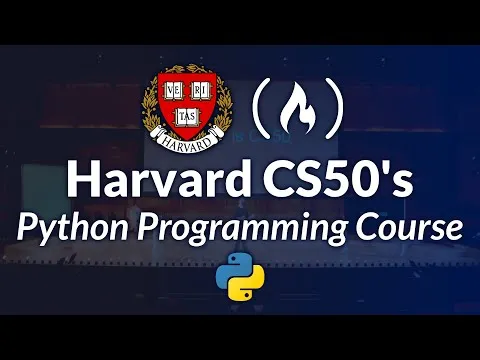
Harvard CS50's Introduction to Programming with Python : Full University Course

Algorithmic Trading Using Python - Full Course
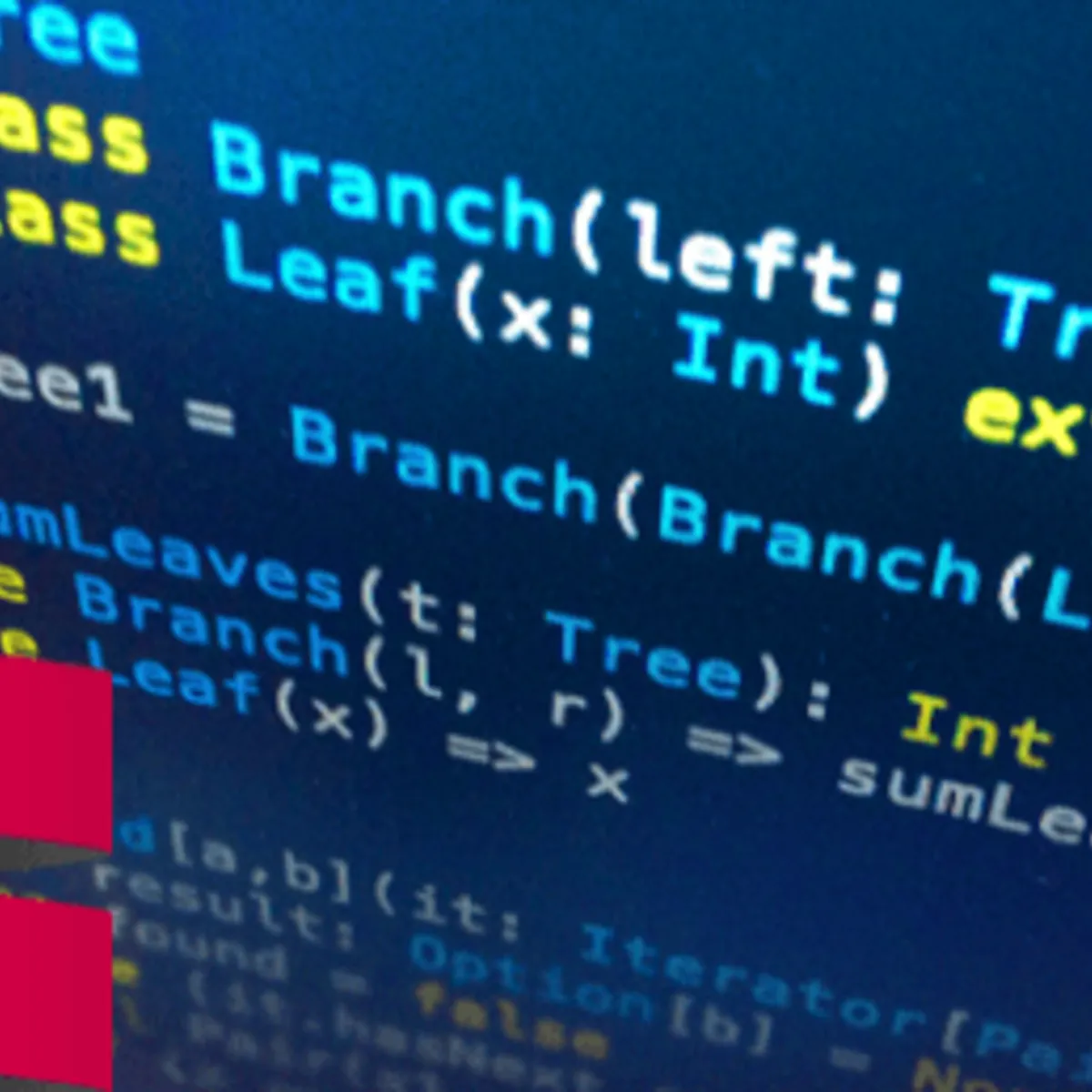
Big Data Analysis with Scala and Spark
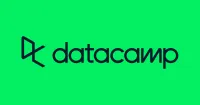
Cleaning Data with PySpark
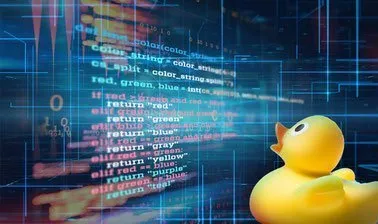
Computing in Python I: Fundamentals and Procedural Programming
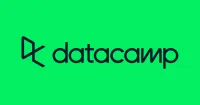
Market Basket Analysis in Python
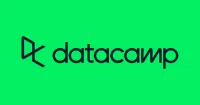
Intermediate Regression with statsmodels in Python
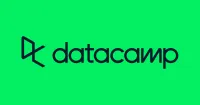
Machine Learning for Finance in Python
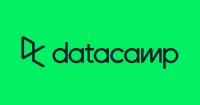
Supply Chain Analytics in Python
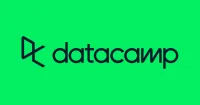
Dimensionality Reduction in Python
 Related Categories
Related Categories
 Popular Providers
Popular Providers
Quiz
 Submitted Sucessfully
Submitted Sucessfully
1. What is the main purpose of this course?
2. Which of the following is NOT covered in this course?
3. What is the main focus of this course?
4. What is the acronym for Create, Read, Update, and Delete operations?
Correct Answer: CRUD


Start your review of Intermediate PostgreSQL